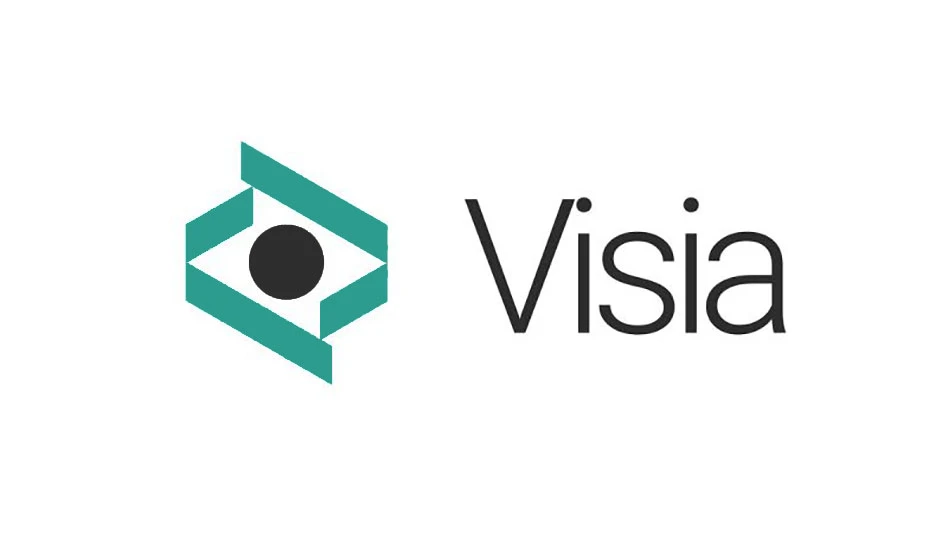
Photo courtesy of BinIt
BinIt, a New York-based analytics and data platform for the recycling industry, has launched Visia, an artificial intelligence- (AI-) powered material visibility platform. The company received $6.4 million in seed funding through New York-based Shine Capital.
Visia uses X-ray technology and camera data, as well as BinIt’s AI platform, to offer visibility into inbound material streams.
“Visia’s AI looks past what just humans or regular cameras might see to automatically track, tag and react to material types and object frequencies, regardless of burden depth and item visibility,” BinIt CEO and co-founder Raghav Mecheri says.
In a report published to Medium, Mecheri says Visia’s first application will be to tackle battery fires. Already, he says Visia has helped “detect, divert and react to” more than 25,000 hazardous items at recycling facilities, including batteries, propane tanks and toner cartridges, removing them from infeed lines. The technology is currently operating in more than 10 facilities.
Mecheri says Visia theoretically can be integrated at any facility, regardless of existing infrastructure. For example, the company has installed cameras in waste-to-energy (WTE) facilities and X-rays on material recovery facility (MRF) lines, and its early adopters were electronic scrap processors during the research and development (R&D) period.
“We try to be as adaptive as we possibly can be,” he says. “I typically don't say no, but I do say we don't force tech in the places where it wouldn't fit until we figure out exactly how we want to integrate it.”
A recent report from the National Waste & Recycling Association (NWRA), Arlington, Virginia, and Resource Recycling Systems (RSS), Ann Arbor, Michigan, estimates that more than 5,000 fires occur at recycling facilities annually, largely because of the presence of lithium-ion batteries in the material stream.
“Our first priority will always be offering excellent service to our existing customers,” Mecheri says. “Damage from hazardous items is the single greatest challenge our industry faces, and we’re committed to being the solution to a problem that we believe will be only more pressing as battery production continues to increase exponentially.”
*This article was updated Feb. 15 to add comments from Raghav Mecheri, Binit CEO and co-founder.
Latest from Recycling Today
- BMW Group, Encory launch 'direct recycling’ of batteries
- Loom Carbon, RTI International partner to scale textile recycling technology
- Goodwill Industries of West Michigan, American Glass Mosaics partner to divert glass from landfill
- CARI forms federal advocacy partnership
- Monthly packaging papers shipments down in November
- STEEL Act aims to enhance trade enforcement to prevent dumping of steel in the US
- San Francisco schools introduce compostable lunch trays
- Aduro graduates from Shell GameChanger program





